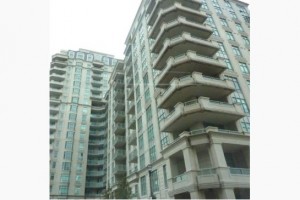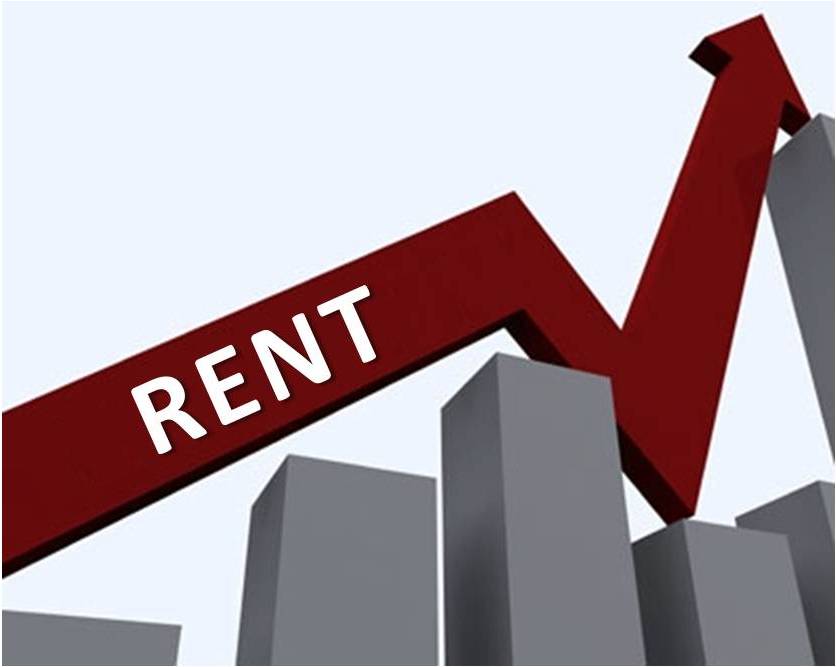We’re at the end of the tax season but the Canada Revenue Agency is looking to audit many Toronto condo sellers, suspecting that there have been large financial gains from “flipping” properties this past year. Under these suspicions, individuals who have recently profited from the booming condo market are being investigated. In many instances, the CRA has reduced these profits through heavy taxation. The amount of sellers who have been affected by the “Condo Project” is still unknown.
To illustrate the severity of the situation, consider the following scenario outlined by the National Post, which summarizes the set-backs condo sellers face this tax season:
A condo sells for $100,000. The seller’s tax bracket is 46%. If capital gains were taxed at 50%, the seller would owe $26,000. But this is not the case: the CRA expects sellers suspected of “flipping” to pay double this amount ($46,000). In addition, there is a 50% tax penalty for “gross negligence” because the individual did not claim their intent.
Finance Minister Jim Flaherty has openly asked the CRA to collect more that $500-million from tax cheats this year. Many speculate that the CRA is looking towards the real estate market as a way to shrink financial deficit elsewhere. If this is the mission, it can be assumed that many condo sellers will be affected by the end, so be patient, careful, and keep documentation of all condo transactions from previous years.
The CRA Auditing Process
It begins with a letter, requesting that the seller provide details as to why they sold their condo, when they sold their condo, and for how much did they sell their condo (e.g. above/below asking price). Ultimately, the process is used to determine whether or not the condo had been a place of residence.
Unfortunately, as Lawyer James Rhodes mentioned to the Toronto Star last week: “If someone signed a purchase agreement 10 years ago to buy a condo, but then sold it the day after the condo was finally registered, the CRA would say that person sold the condo as a quick flip because they only owned it one day. The CRA doesn’t seem to care that a person’s circumstances might have changed over the ten years, such that they don’t want to live in the condo anymore.”
The CRA currently has a three-tiered tax structure in place for this type of situation:
- No tax on principle residence
- 50% tax on gains from selling other forms of property investments
- Full taxation if the individual has made a business out of flipping condos/homes
At times, the distinction between categories is unclear, since the the situation for buying and selling is not always single-faceted. This is where the auditing process gets people into trouble. This is also why it is important that people file their taxes properly, after judiciously reviewing all aspects of the form.
 Torontonian Online Running in the fast lane! Real estate and more…
Torontonian Online Running in the fast lane! Real estate and more…







